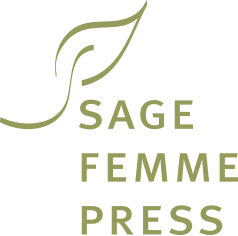What is it that I read? Zero at the Bone—Fifty Entries Against Despair* by the poet and teacher of religion and literature, Christian Wiman.
The first why: I was curious about the structure of the book—the mélange of poetry (his own and others’), memoir, criticism and philosophical discourse. How does that work? Does it work? Is it something I might try in the nebulous sometime?
The second why: Wiman, who has rejected the Christian fundamentalism of his youth in West Texas, continues to probe the teachings of the Bible, the Christian religion, and his own faith. I do too. I’d previously read his book My Bright Abyss. Might I benefit from this exploration despite the fact that I can’t always grasp his poetry, or even his prose?
The third why: What does he have to say about poetry?
What I discovered: He says that a poem that is reducible to a message is not a good poem. Poems are not wisdom machines. So I ask myself, is there a place for accessible poetry, the kind I think I write? I try to listen to the muse but not with the intention of manufacturing wisdom.
What I found that I didn’t realize I’d come for (a “mere” parenthesis on page 196): By “faith” I mean an admission that our minds cannot know our selves or the universe in any ultimate sense; or, if one is inclined to hold—as many scientists are—that the universe and our place in it are knowable even if such knowledge is in its infancy, then an admission that this position is an act of faith and indistinguishable, in metaphysical terms, from a religious gesture.
In fact, the whole of pages 196-197 in which Wiman expands on the notions of faith and science was enough to gratify both my seeker’s mind and my poet’s soul.
*Zero at the bone—a phrase from Emily Dickinson’s poem “The Snake” meaning a chilling fear
